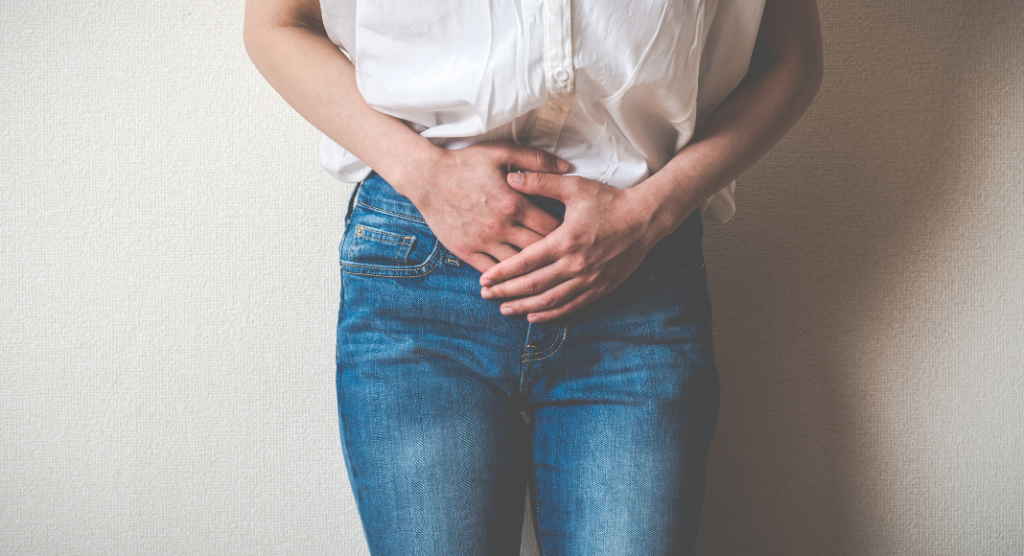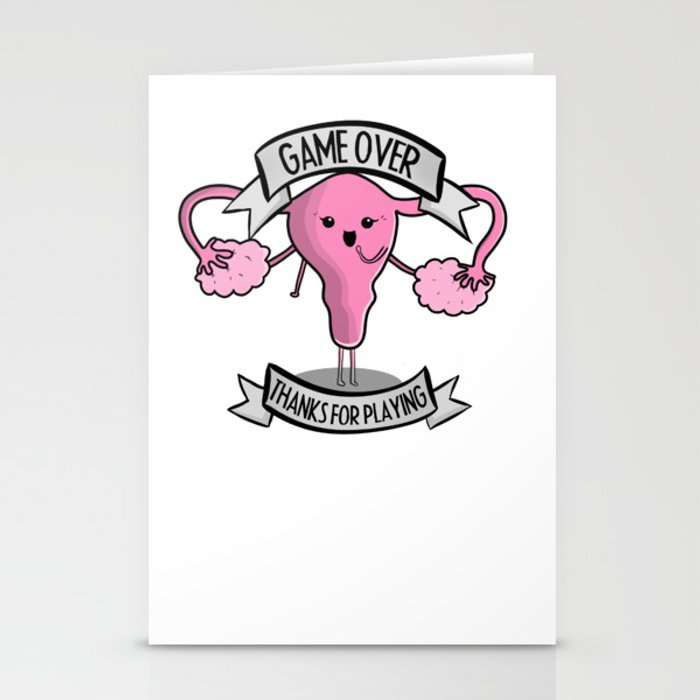 2020 was nothing but curveballs, one right after the other. From school closures to e-learning, to adapting to working from home full-time with kids who may or may not be e-learning, not to mention the shifts in focus for social distancing and mask wearing, how to celebrate birthday parties or holidays . . . I mean, 2020 has pretty much changed just about everything.
2020 was nothing but curveballs, one right after the other. From school closures to e-learning, to adapting to working from home full-time with kids who may or may not be e-learning, not to mention the shifts in focus for social distancing and mask wearing, how to celebrate birthday parties or holidays . . . I mean, 2020 has pretty much changed just about everything.
It also brought some personal changes. Ones I did not like, and had zero control over.
I am only 39 and was enjoying somewhat of a pretty predictable menstrual cycle since having my youngest child seven years ago. But in 2020, something was different. I knew something was not right, but didn’t think it worth a trip to the doctor in the middle of a pandemic. But after my birthday in October, I finally broke down and made myself an appointment.
I am so glad I did! Surprisingly, it wasn’t the issue I thought it was. Through testing and ultrasounds, my doctor and I came to the conclusion that the best way forward for me is a hysterectomy.
If you think a hysterectomy may be in your future, I’ll share a little bit of my thought process – please keep in mind that I’m not a healthcare professional and every situation is unique.
For most uterine issues there a couple different avenues to consider…
There is what they call conservative management, where you can try medications to help mitigate the symptoms.
I considered these, but frankly, I’m not great at remembering to take pills. I also felt that while these could be worth a shot if I was interested in retaining my fertility (which I’m not), medications felt like delaying the inevitable, and were not a guarantee of symptom management.
Then there are more definitive measures, like surgery.
While generally considered a last resort, surgery is considered definitive treatment for a reason. The likelihood of surgery fixing the problems is a lot greater than medication alone. There are few different approaches to performing a hysterectomy, and your doctor will go over them with you to figure out the best approach for your particular circumstances. While there’s the obvious downsides to surgery, like a hospital stay, surgical recovery, and relinquishing your fertility, I can’t say any of those outweigh the benefits of not having to deal with periods anymore.
 Now that I will be saying goodbye to my uterus, here is my ode to it:
Now that I will be saying goodbye to my uterus, here is my ode to it:
Dear Uterus,
We’ve had our ups and downs over the years, I’ll admit. I cannot thank you enough for the incredible job you did cradling my three babies from zygote to full term infant. You protected them, encased their growing bodies and nutrition, and worked hard to bring them into the outside world when they were ready. I couldn’t have done it without you.
I don’t know what I did to you, but for some reason you’ve turned on me in ways I just can’t forgive. You’ve turned from predictably nurturing to angry and violent, and frankly, I’m tired of your shenanigans. You have an expiration date, an eviction notice, your time is up!
Part of me is a little sad to close the chapter in my life where you played a vital role, but truthfully, the chapter has been closed since the youngest baby was born, and it’s more than past time to say goodbye.
Thank you for the memories,
signed – Me –















Hi Katrina! I’m 37 and had a had a hysterectomy at 36. My biggest tip would be to take it easy and don’t rush back into doing everyday things! Let your body heal. Sleep and eat nutrient rich food. Take a stool softener as long as you need it and drink LOTS of water! I have more info on my blog if you’re interested! http://www.romadeit.com